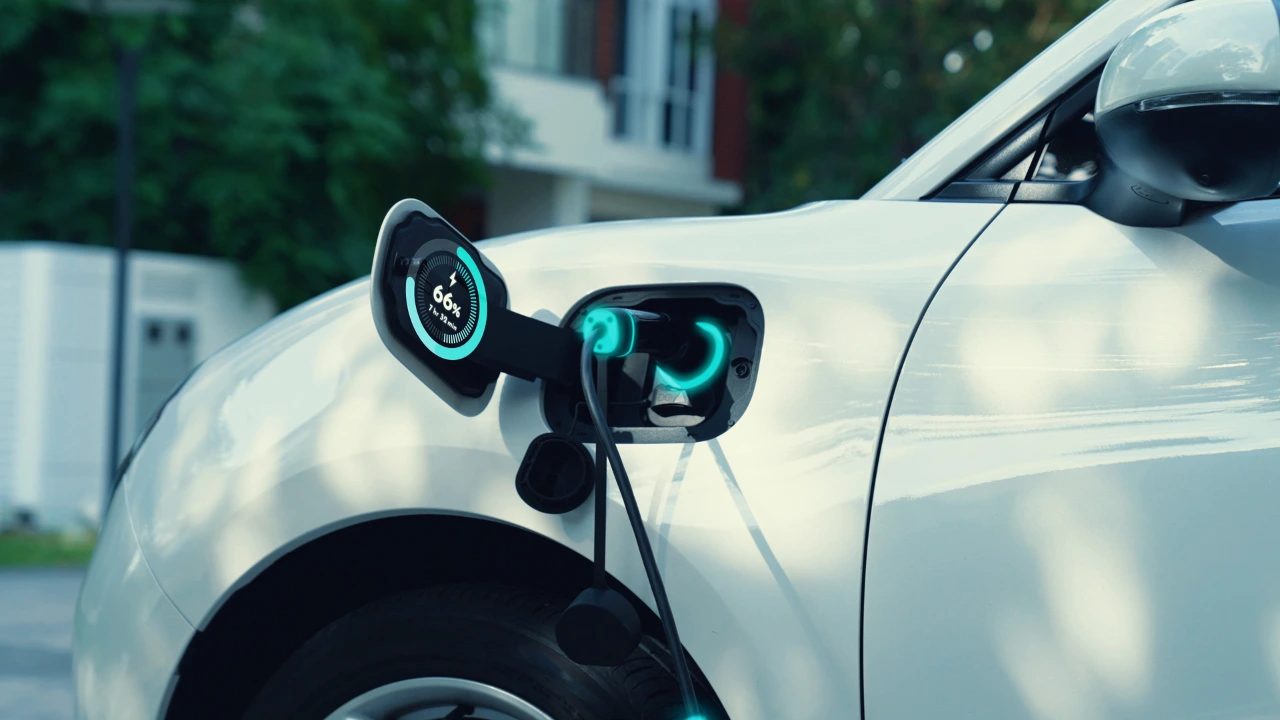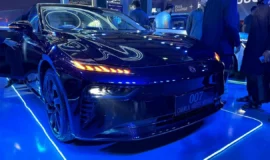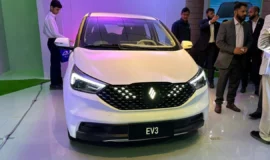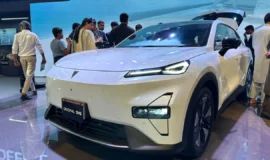
The government is taking initiatives to bring change to Pakistan’s vehicle sector. For this reason, the electric vehicles in Pakistan have been a priority for Pakistan’s NEV Policy 2025-30. Let’s explore some of the important things in the blog.
Targets by Pakistan’s NEV Policy 2025-30
One of the major targets of Pakistan’s NEV Policy 2025-30 is that the number of vehicles to be sold by 2030, 30% will be electric ones. Not just this, but the following as well:
- 2.2 million NEVs targeted by 2030.
- USD 1 billion in oil import savings (2 billion liters).
- PKR 105 billion in health and productivity gains.
- PKR 731 billion net fiscal by 2030.
Other Important Initiatives by NEV Policy 2025-30
The following are the further initiatives taken by NEV Policy 2025-30:
EV Production in Pakistan
- To boost the production of EVs in Pakistan, a license has been issued to 61 industries for 2 and 3-wheelers.
- Starting a training program for NEV skills to offer jobs up to 15,000.
- Critical Minerals Strategy for battery supply chain development.
Increase in EV Charging Stations
- Around 3000 charging stations are to be installed by 2030, and 10% petrol stations should add EV charging stations.
- 40 fast chargers to be installed in the first 6 months, considering the convenience of the drivers.
- Rs. 39.70/kWh fixed tariff for charging stations.
- The charging stations will be powered by solar panels and grids.
Besides this, to ensure the success of Pakistan’s NEV Policy 2025-30, the government has set up a strong system for its implementation. The government is considering the development of the EV charging stations finder application to offer people a smooth experience. Furthermore, the NEV policy aims to enhance public health by decreasing the level of smoke in Pakistan, which is only possible when such initiatives are taken.
Conclusion
To sum up, the NEV Policy 2025-30 in Pakistan targets the sale of 30% electric vehicles in Pakistan, which aims to convert 2.2 million cars to electric by the year 2030. However, this policy is not just for the sake of increasing the number of electric vehicles in Pakistan; instead, it is an initiative taken to improve public health and the country’s environment.








Leave a Reply